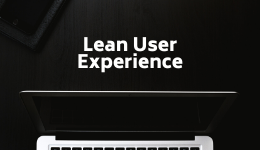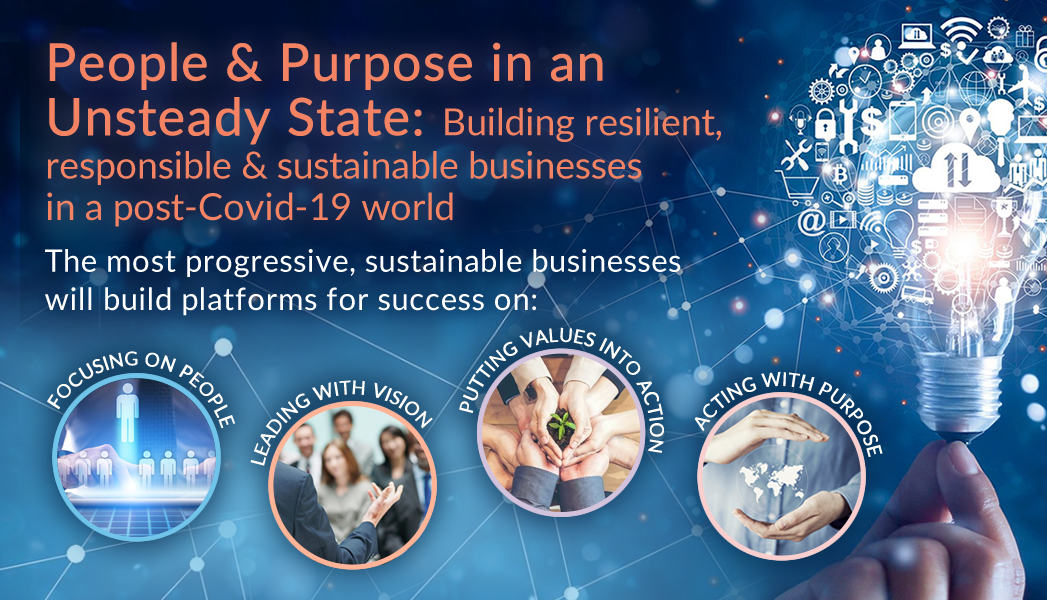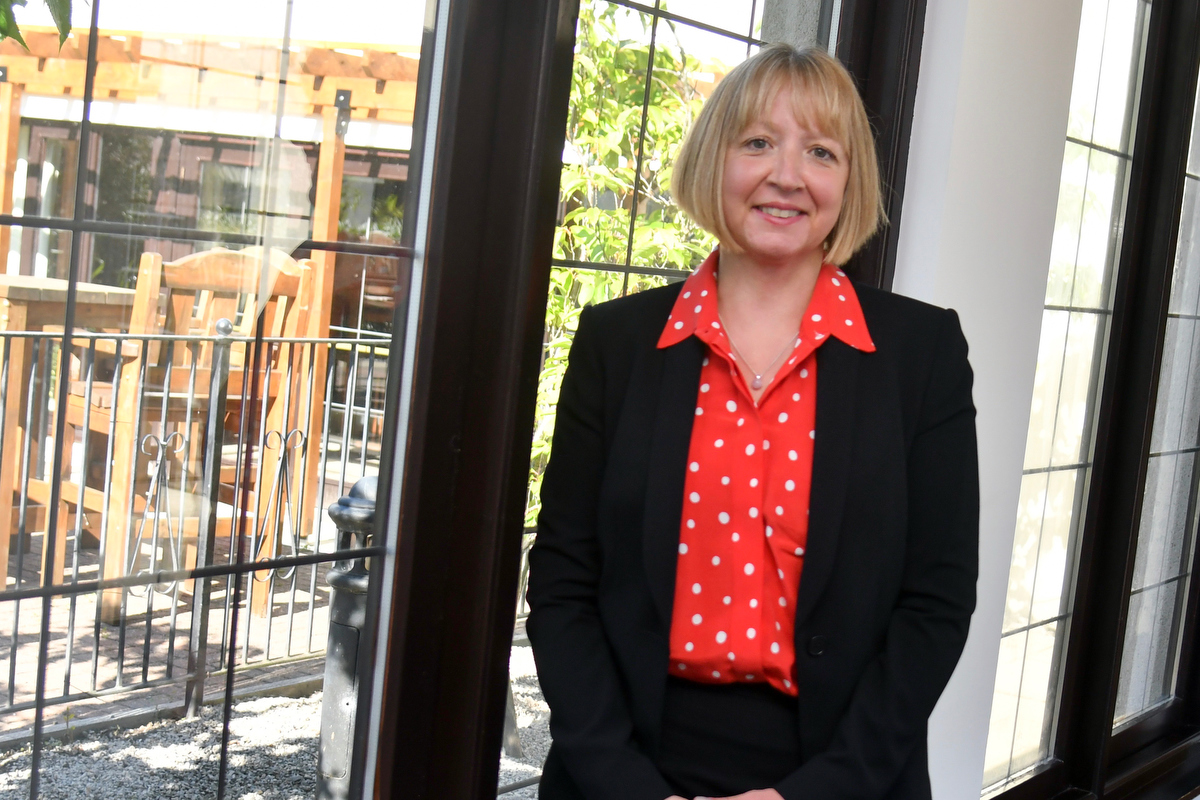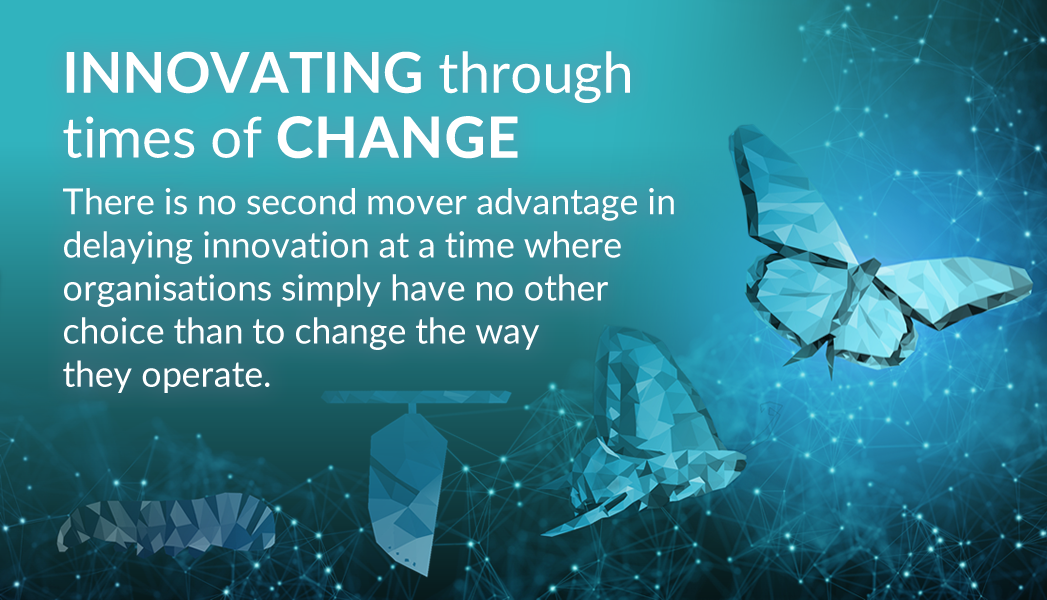
Cast your mind back to last December. We were hustling and bustling in preparation for the Christmas holidays and the start of a new decade. People were talking about opportunity and anticipating a repeat of the spirit of a century ago – the ‘roaring twenties’. Little did we know that within three months of the new decade we’d be stopped in our tracks. How rapidly we’ve gone from that spirit of optimism to being locked down in our homes, working remotely, many of us furloughed and a real fear for ourselves and our families from this invisible menace.
Although humans have a great tendency for selfish acts and immense stupidity we are also, when we work together, capable of overcoming anything. That is why I am sure we will exit the COVID-19 crisis in a better state than we entered it. Although the world will have changed, and things will be different, exit the COVID-19 crisis we will! I’ve been working with the team here at Edge considering the various stages of the COVID-19 crisis and the actions organisations have taken or will need to take since the lockdown kicked off in early March. We have defined a model to describe the business transformation phases organisations will need to go through from beginning to end.
We have named this model as Your Strategy to the New Normal, the four-stage model comprises: Respond, Stabilise, Recover and Thrive.
So, let’s take you through each stage:
Respond: Our response to the threats posed by COVID-19 was not gradual. It was only on 28th February that transmission was recorded in the UK. On 11th March the UK government declared a pandemic and stated that all "non-essential" travel and contact with others should be avoided. Suddenly working from home became the de facto approach to business continuation. On 20th March all schools, restaurants, pubs and indoor entertainment venues were shut. On 23rd March a lockdown on the whole population was imposed. In twelve days, we went from operating in ‘normal’ mode to being locked down! This meant companies had to gear up for remote working – IT systems, telephone operations, security, communications as well as decide what parts of business could carry on and what parts had to stop. The Respond phase started on 11th March and hurtled to its conclusion for most on 27th March – twelve days to implement one of the biggest business and technological changes in history!
Stabilise: The scope of the Respond period was massive: businesses had to consider the safety of staff and customers, immediately change from an integrated to remote workforce as well as coping with one of the biggest ever changes in the business landscape. However, having responded everyone now has to Stabilise their business. What does this mean? The workforce is now remote – can everyone communicate; does everyone have the systems and tools they need; is it secure; and do the systems perform and respond as required? As so many of our products and services have to be delivered online we also need to consider security and performance but also think about the rapid repurposing of products and services in the online world – ‘rapid’ being the important word here – opportunities have to be addressed to in days to be realised – so our business and our partners who support our business have to able to adapt accordingly. It looks like we will remain in some form of Stabilise for some time – as long as variables exist in the easing of lockdown.
Recover: As the country eases out of lockdown we need to plan and re-plan activities ensuring we operate and deliver against a changing landscape. We need to understand what remains and what is viable within our product and service portfolio, the way our companies are organised and the local, national and international partner eco-system. We need to maximise our return on investment in the products and services that will be required as the national and international community recovers. As we recover organisations will need new partnerships that don’t rely on onerous multi-year deep commitment contracts but flexible, agile relationships that match the opportunities that present themselves. Some sectors or companies are probably in the very early stages of Recover and will progress towards the Thrive phase during quarter 4 of this year.
Thrive: As we exit the COVID-19 crisis we have to start planning to ‘normal’ again in a changed world. For the Thrive phase to be effective we will need to consider how we re-plan our strategy and evolve our business to adapt to the market conditions; what have we learned since March; how do we utilise technology to increase revenues and profit; do we have the right people, skills, training and partnerships in place; how do we become the best at what do and how have our clients changed? Answering these questions and acting on the answers will help us Thrive in the post COVID-19 world.
I’m sure everyone would agree that the COVID-19 crisis is unprecedented, but I would add so has been the response. The actions the world has taken to protect the vulnerable and minimise that immediate impact of exercising that protection has been astonishing. It is up to everyone at this point to work hard to bring their talents to bear as we Stabilise, Recover and Thrive so that we can tell our grandchildren with pride what we did in the COVID-19 crisis.
By Robert Maxfield









